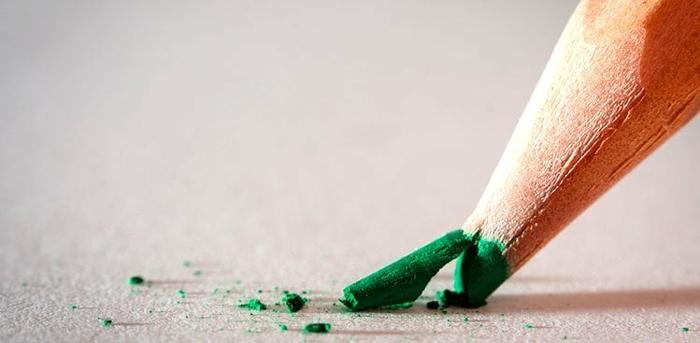
I started taking pictures to capture quiet moments. Little details. Good light. Untold stories. I didn’t get into picture taking to make goofy faces (and bad jokes) to keep a hangry lil’ toddler smiling through an afternoon family session. But a girl’s gotta eat. And people love flattering photos of young love at golden hour. So, smile!
When I first started taking on work that I didn’t love, I felt like a total sellout. I would call my mom and wail that I was “compromising my artistic integrity” and that my work would never be the same. Lots of question marks and existential questions about purpose and truth filled the pages of my mind (and my journal). But, after a few months of doing work I hated, I began to see growth in the work that I loved...and hated.
Now, I’m not trying to encourage you to seek out work you dislike. If you can accept work that fits with your mission and vision 100% of the time, then by all means—be the exception to the rule. But, in the off chance that you might have to take on work you dislike (or even flat-out loathe)—here are three things to cling to when you think nothing good will come of it.
1. Doing Work You Hate Forces You to Stop Dreaming and Start Making
In a perfect world, you would only write, design, and strategize for the projects of your dreams. All the beautiful ideas floating around your head would be shaped and formed in everything you got paid for—your dreams actualized in your portfolio and your bank account. What bliss!
But, let’s be real. Creating the work of your dreams doesn’t come along every day, and if you wait to create when the light hits just right, then you probably won’t make anything. Author P.D. James says, “don’t just plan to write—write. It is only by writing, not dreaming about it, that we develop our own style.” So, when you get discouraged about doing work you hate, remember that actually making something is better than dreaming about it.
2. Doing Work You Hate Challenges You to Think Outside of What is Comfortable
We create from what we know and what we love. And even the most innovative creators and makers get stuck in ruts and rhythms where they create the same work over and over. One of my junior high photography students, Nikita, loves surf photography. For the first five weeks of Photography 101 class, he would only take pictures of the water, waves, and surf. After five weeks of filtering through hundreds of images of the ocean and amateur surfers, I challenged him to do a portrait series of a family member.
No water, no waves, no surfing.
He hated it and took every opportunity throughout the week to remind me. Despite his reluctance, he came to class with the most beautiful photos of his sister, Tsungi. During class critique, one of his classmates said, “you should stop taking pictures of water, ’cause you’re way better at taking pictures of people.”
Leave it to a 12-year-old to tell it like it is. So, who knows. Maybe the work you “hate” will actually force you to create something better than the work you’ve been hiding behind this entire time. I’ve even found that trying something new entirely (like learning how to code so I can update my website or taking a photography class) helps challenge what I know and grow what I don’t.
3. Doing Work You Hate Pushes You to Pursue the Work You Love
The argument behind doing work you love is that if you love it—well, it isn’t work. But, when you spend multiple family sessions engaging moody teens to “look” like they love their parents, then you will crave one session of doing something you love. Doing work you hate pushes you to seek out the hours (and even minutes) in which you’re doing work that fills you up—and reminds you why you started making that thing in the first place.
So, if doing work you have forces you to create, challenges you to be uncomfortable, and pushes you to seek out the work you love—keep your chin up! You’re on your way.